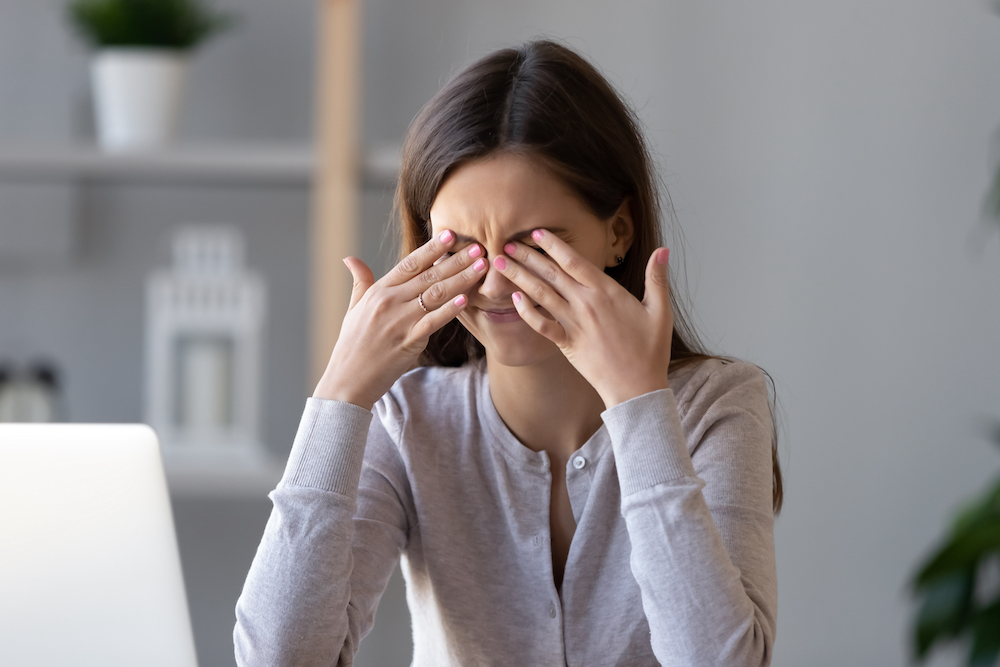
Dry eye is one of the most irritating eye conditions you can experience. It causes pain, blurry vision, and light sensitivity. Sometimes, it may also create too many tears, a condition doctors refer to as reflex tearing. It happens when your eyes send a distress signal to your nervous system for more lubrication. Consequently, the body sends a flood of tears to make up for the eye dryness.
All in all, dry eye is due to an imbalance in the tear-flow system. However, what are the specific causes of the condition?
Causes of Dry Eyes
A dry eye condition can be temporary. However, it can also be chronic and cause persistent issues for a long time. Without treatment, dry eyes can interrupt your daily activities. To administer treatment, the doctor will try to establish the underlying cause of your condition. Some of the common causes include:
Computer Use
Computer use can result in eyestrain and tension headaches. You may also experience dry eyes from staring at the screen for a long time without blinking. To mitigate this, you need to develop the habit of blinking often. It rehydrates the eye surface and adds lubrication, preventing dryness and irritation.
Sometimes, you may use artificial tears if the dryness is too much. Otherwise, try blinking and looking away from your computer every 20 minutes.
Aging
People over the age of 50 tend to experience dry eyes. The reaction is due to a reduction in tear production as you age. Although you cannot prevent this, you can use artificial tears to alleviate the symptoms. These will provide the extra moisture you need to relieve dryness.
Medications
Some medications can cause dry eyes. These include antidepressants, antihistamines, diuretics, and hypertension medication. There are two ways you can deal with dry eyes if they are due to the medication you are taking. One is to ask your doctor to change it. Another is to ask them to lower your medication. Doing either reduces the chances of having dry eyes as a side effect.
Alternatively, you can also use artificial tears along with your medication. However, remember to use them in the same way you use sunscreen. Avoid waiting until the dry eyes start to irritate you. Use them beforehand.
Autoimmune Conditions
These conditions cause insufficient or poor tear production. They include lupus, diabetes, and arthritis. To alleviate your dry eyes, the doctor needs to diagnose and treat these underlying conditions. It may take time, and some medications can also aggravate dry eyes. But with proper management, all will be well.
Allergies
Another common cause of dry eyes is allergies. You may be allergic to different things in different seasons, like the common culprits—pollen, mold, and dust. The reaction may be better or worse, depending on the season. Take preventive measures during this time to avoid worsening symptoms.
Wash your hands, protect your eyes using sunglasses, and avoid going outside unless necessary. You can also ask your doctor about antihistamine eye drops. These will help deal with the hormones causing the reaction leading to dry eyes.
For more on common causes of dry eye, visit Palo Alto Eyes Optometry at our Palo Alto, California office. Call (650) 321-2015 to schedule an appointment today.








